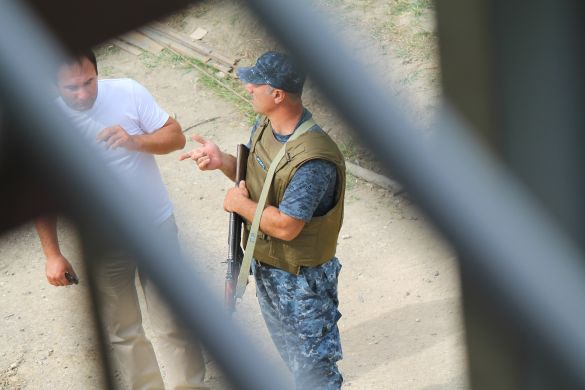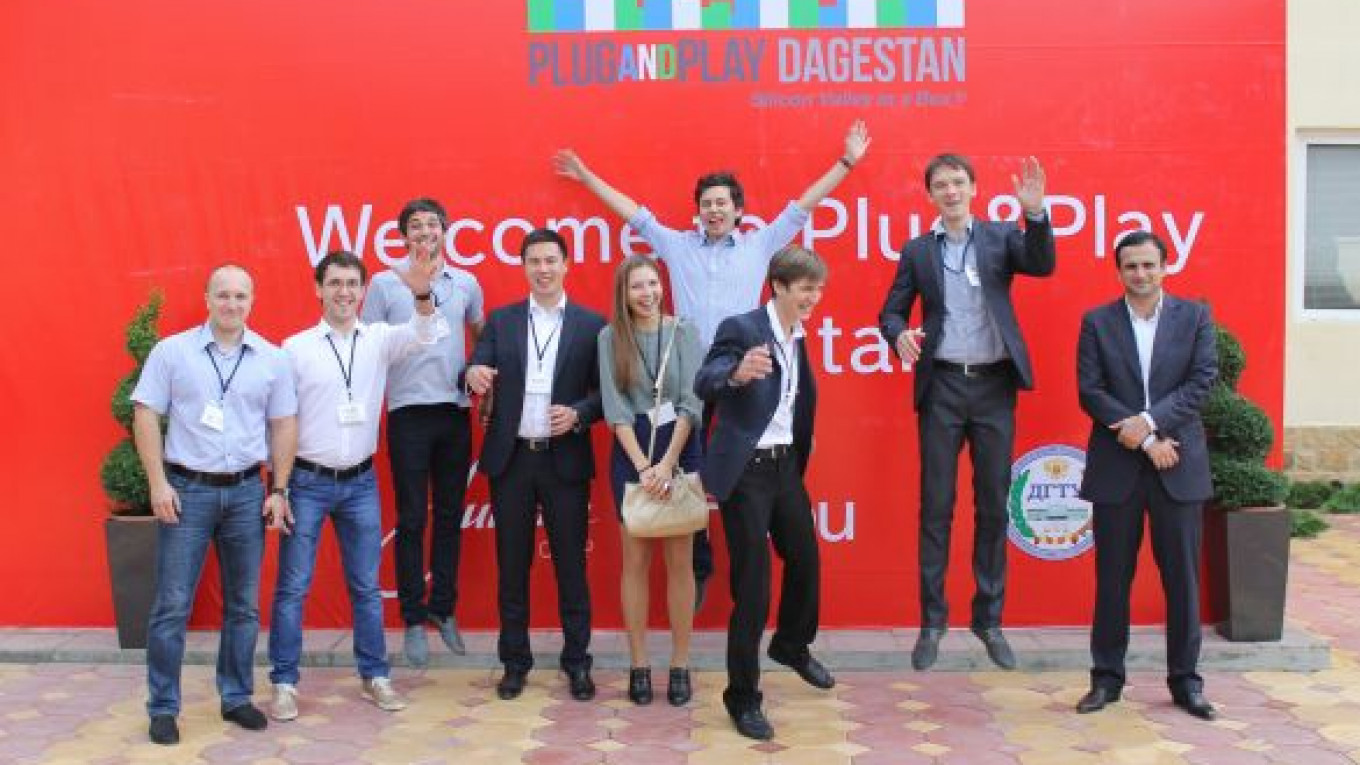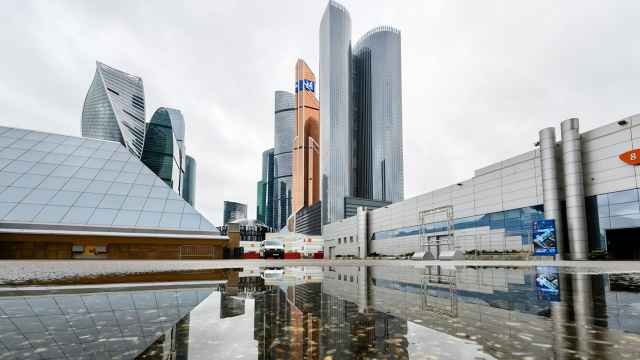The volatile republic of Dagestan, a key battleground between federal authorities and Islamist insurgents, is striving to dispel its image of a dangerous hot spot by attracting investors and creating a technology oasis.
As part of this policy, the Plug and Play Dagestan technology incubator opened its doors Friday in Makhachkala.
It is a joint venture between Russian companies Global Venture Alliance, or GVA, and Summa Group and the U.S.-based Plug and Play technology center from Silicon Valley — the organization that helped Google’s founders Sergey Brin and Larry Page, and PayPal masterminds Peter Thiel and Max Levchin to make their companies industry leaders, recognizable throughout the world.
Plug and Play first came to Russia in 2012 when it joined forces with GVA and the Moscow government to launch their first Russian business acceleration program, Plug and Play Moscow. Under the leadership of Summa Group, the program has now come to Dagestan, said Jupe Tan, Plug and Play’s international operations vice president.
Summa Group will be responsible for managing infrastructure and local resources, and Plug and Play will provide connections with Silicon Valley and training.
Dagestani President Ramazan Abdulatipov, thanked his son-in-law Magomed Musayev, GVA’s president, for convincing Plug and Play to come to Dagestan and the main owner of Summa Group, Ziyavudin Magomedov, of Dagestani descent, for making it possible.
Every speaker present at the event declined to comment on the amounts invested or return expected from this project.
Normally, a federal minister visits a project to inspect how federal funds were spent, Communications and Press Minister Nikolai Nikiforov said.
“I feel uncomfortable being here today, because here we invested zero rubles, zero kopeks of federal funds,” Nikiforov said.“Magomedov is someone who connects Dagestan with the rest of the world. It is an example of business’ the world. It is an example of business’ social responsibility and personal input into the future of our country.”

All profit from the project will be directed back to the development of educational programs and systems supporting the incubator, said Ruben Vardanyan, an adviser to Sberbank CEO German Gref and former owner of investment bank Troika Dialog.
“This is called social entrepreneurship. The main philosophy is yes, we must make money, but that money will return into the processes that help Dagestan to develop,” he said.
The North Caucasus Federal District failed to receive anything from the $12.1 billion of foreign direct investments Russia got in the first six months of 2013, according to the Federal Statistics Service and the Independent Institute for Social Policy.
In 2012, the region received only 1 percent out of $18.7 billion of foreign direct investments.
“I can honestly tell you that investments are not going to flow to Dagestan by themselves,” Abdulatipov said. “It is a crisis region, a problem region, and we need to say that honestly and openly. Therefore, our main investors are Dagestanis who are successful in other regions of Russia and overseas.”
Abdulatipov said Dagestan was a country of talented people and Dagestanis have always loved science.
“If we continue with that, then in forests we will have birds, deer and bears. And in cities we will have people. Often, people go to the forest, because our community is not in the right condition, and authorities are not able to provide comfortable living standards,” he said, apparently referring to Islamist insurgents who hide in the woodlands.
Continuing on with the animals theme, he said that “in this incubator, there will be no eggs or chickens, in this incubator, there will be future Dagestani geniuses developing world-class products.”
About 70 percent of the republic’s budget comes from the federal government.
In December last year, Dagestan’s Finance Ministry compiled a list of 82 investment projects, both active and awaiting implementation, with a total value of 240 billion rubles ($7.5 billion).
These include factories producing glass, mineral fertilizers, building materials and solar panels. Also, there are projects in the agriculture, wine and tourism industries.
“We expect that in the near future the results from these projects will have a positive effect on the situation in the region,” Abdulatipov told Rossiiskaya Gazeta.
There are plans to take advantage of the convenient location of Dagestan’s capital, Makhachkala, and turn its road network, seaport, railroad and international airport into a competitive trade, transportation and logistics center, Kaspiisky Hub, by 2025, Rossiiskaya Gazeta reported.
Contact the author at g.moukine@imedia.ru
A Message from The Moscow Times:
Dear readers,
We are facing unprecedented challenges. Russia's Prosecutor General's Office has designated The Moscow Times as an "undesirable" organization, criminalizing our work and putting our staff at risk of prosecution. This follows our earlier unjust labeling as a "foreign agent."
These actions are direct attempts to silence independent journalism in Russia. The authorities claim our work "discredits the decisions of the Russian leadership." We see things differently: we strive to provide accurate, unbiased reporting on Russia.
We, the journalists of The Moscow Times, refuse to be silenced. But to continue our work, we need your help.
Your support, no matter how small, makes a world of difference. If you can, please support us monthly starting from just $2. It's quick to set up, and every contribution makes a significant impact.
By supporting The Moscow Times, you're defending open, independent journalism in the face of repression. Thank you for standing with us.
Remind me later.






